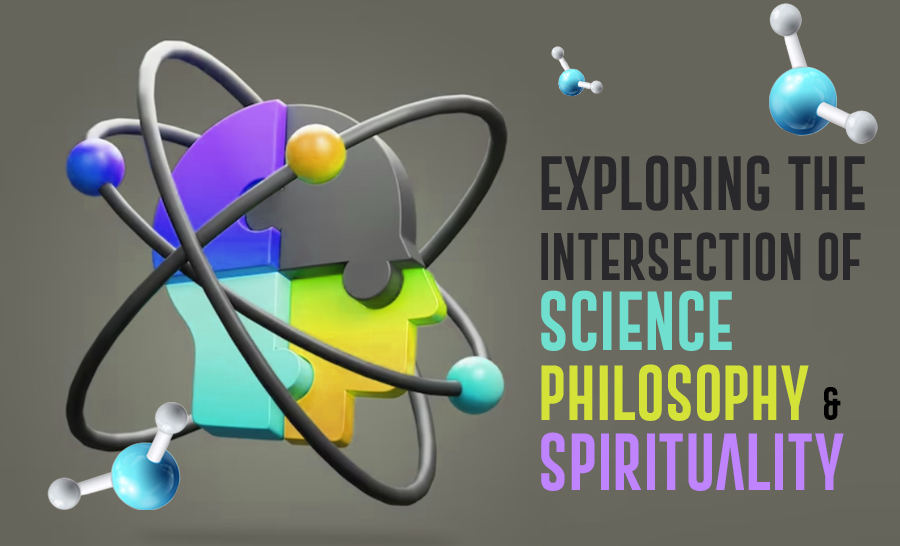
Introduction:
There are numerous interpretations and theories that attempt to explain the profound complexity of the cosmos and human existence. Humanity has persistently sought solutions to these existential questions, from prehistoric philosophical discussions to cutting-edge scientific theories. In order to develop a comprehensive understanding of human existence, this essay examines these theories from a variety of angles.
1. Philosophical Discourses on Existence
Theories that proposed a First Cause or Prime Mover to account for the complexity and order of the universe date back to the early history of philosophy. Deism and Pantheism are two contemporary versions of these theories that both hold that the universe was created by a divine intelligence.
2. Creation Theories from a Scientific Perspective
A different perspective on human existence is provided by scientific theories. According to the Panspermia theory, intelligent beings who were able to travel to other cosmological regions and plant seeds there may be the source of life as we know it today. Similar to this, the Simulation Hypothesis proposes that our reality may actually be a complex simulation created by a civilization with more advanced technology.
3. Spiritual and religious interpretations
The majority of spiritual and religious traditions advocate the creation and upkeep of the universe by a higher power or divine energy. While Eastern philosophies propose a more diffuse divine energy permeating the universe, monotheistic religions like Christianity, Islam, and Judaism promote the existence of a single omnipotent God.
4. Technological Perspectives and Metaphysical Considerations
The idea that our world is a "metaverse project" is related to certain metaphysical viewpoints that hold that reality encompasses both physical and non-physical elements that consciousness can control or create. This viewpoint, which is similar to philosophical idealism, asserts that reality is fundamentally mental or spiritual in nature. The idea that our reality might be a sophisticated simulation is also gaining momentum, especially in light of the rapid technological advancements in artificial intelligence and virtual reality.
Conclusion:
Although these viewpoints have different interpretations, they all seem to point to an underlying intelligence that is responsible for the universe's order and the complexity of the human genetic code. Despite being speculative, these theories provide important insights into our efforts to understand our existence. These theories might develop as human knowledge and technology increase, bringing us one step closer to comprehending the true nature of our reality.
Author: Pooyan Ghamari, Swiss Economist
 LinkedIn
LinkedIn
 Instagram
Instagram
 Twitter
Twitter
 YouTube
YouTube
Posted by author
Wednesday, May 17, 2023 6:30:00 AM